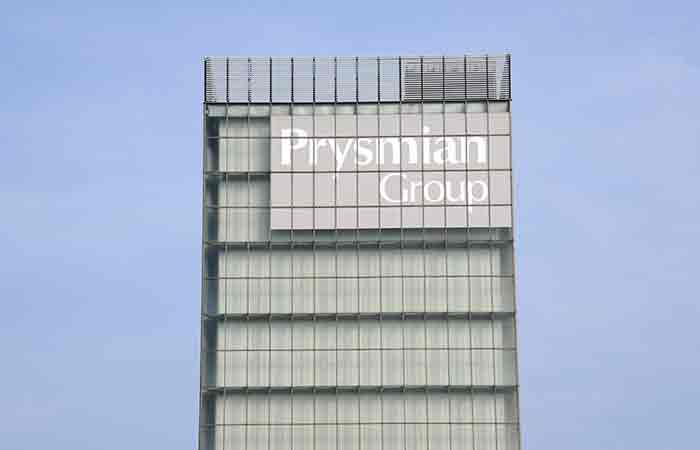
Cables, energy and telecoms firm Prysmian Group has enhanced its minimum global parental leave and reinforced a full-circle support programme for primary caregivers.
The organisation has increased parental leave for primary caregivrs 12 to 16 weeks at full salary, as well as introducing a minimum global standard of two weeks of paid leave at full salary for secondary caregivers.
It has also introduced a new benefit, known as a ‘baby bonus’, which will be granted to new parents, whether they are biological, adoptive, members of a couple or single parents, for each child and paid out in tranches. The amount of the bonus is proportionate to the average income in each of its operating countries and is currently optional, but will become mandatory in all countries from 1 January 2024.
Meanwhile, the group has recommunicated its Leave and Back-to-Work Programme to staff. This begins as primary caregivers approach parental leave and extends into their first few months back at work. The programme includes a contact plan, which is agreed upon by primary caregivers and managers before the leave period begins, while several training, coaching and counselling programmes are available upon returning.
Adapted to each operating country, this support includes a guarantee that upon returning to work, primary caregivers will have the same opportunities, feel included and ready to re-join the workplace, have as smooth a transition as possible and are not penalised for taking parental leave.
Fabrizio Rutschmann, chief HR officer at Prysmian Group, said: “At the business level, it is our hope that this new policy will have positive effects on our people’s perception of their employer, ensuring that they wish to remain at, or join, Prysmian Group.
“A parental policy of this kind may also have beneficial effects on the choice to welcome a new child, a choice that can sometimes be more difficult in certain economies in the world. We therefore hope that, within the limited context of the Prysmian community, the parenthood measures introduced will offer some relief to those who welcome a new addition to their family.”